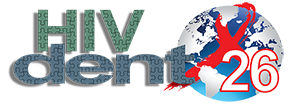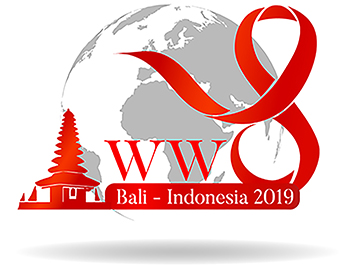Huu Van Ngo
Health Services, PATH, Ha Noi, Ha Noi, Viet Nam.
Abstract
Background: In 2015, Vietnam was the first country in Asia to adopt the global 90-90-90 goals. To accelerate progress towards these goals, the USAID/PATH Healthy Markets project and the Ministry of Health (MOH) worked together to introduce and scale community-based HIV testing. In late 2015 the USAID/PATH Healthy Markets (HM) and MOH launched HIV testing by lay providers (non-health staff) using blood- and oral fluid- based rapid diagnostic tests (RDTs). These services were then expanded to include self- testing options and integrated partner notification services. HM trained lay service providers to administer the RDTs, guide clients on self-testing, interpret results, provide pre- and post-test counselling, and support those who were HIV reactive to seek confirmatory testing and enrol in treatment, using standardised training curricula and tools. Ongoing coaching reinforced service quality. This initiative represented the first- time non-health staff were allowed to offer HIV services in Vietnam. In 2018, the MOH committed to making this service available nationwide and the first national guidelines on community-based HIV testing were developed and released. 800 lay providers in five provinces across Vietnam have now been trained and coached on HIV testing. They have offered high quality community-based HIV testing to 130,446 key populations (KPs), of which 6,262 have been diagnosed with HIV (4.8%) (compared to 1.6% at fix sites). More than 90% of those diagnosed with HIV are known to have enrolled in treatment.
Lessons learned: Lay providers are effective in reaching those most at risk of HIV. With training and additional capacity, lay providers can become extremely capable in delivering HIV testing, and facilitating ART enrollment among those diagnosed with HIV. We believe that these lessons can be applied to the dental field where rapid HIV testing could be offered to clients by non-physicians or by making HIV self-test kits available to dental clients in the waiting room.


